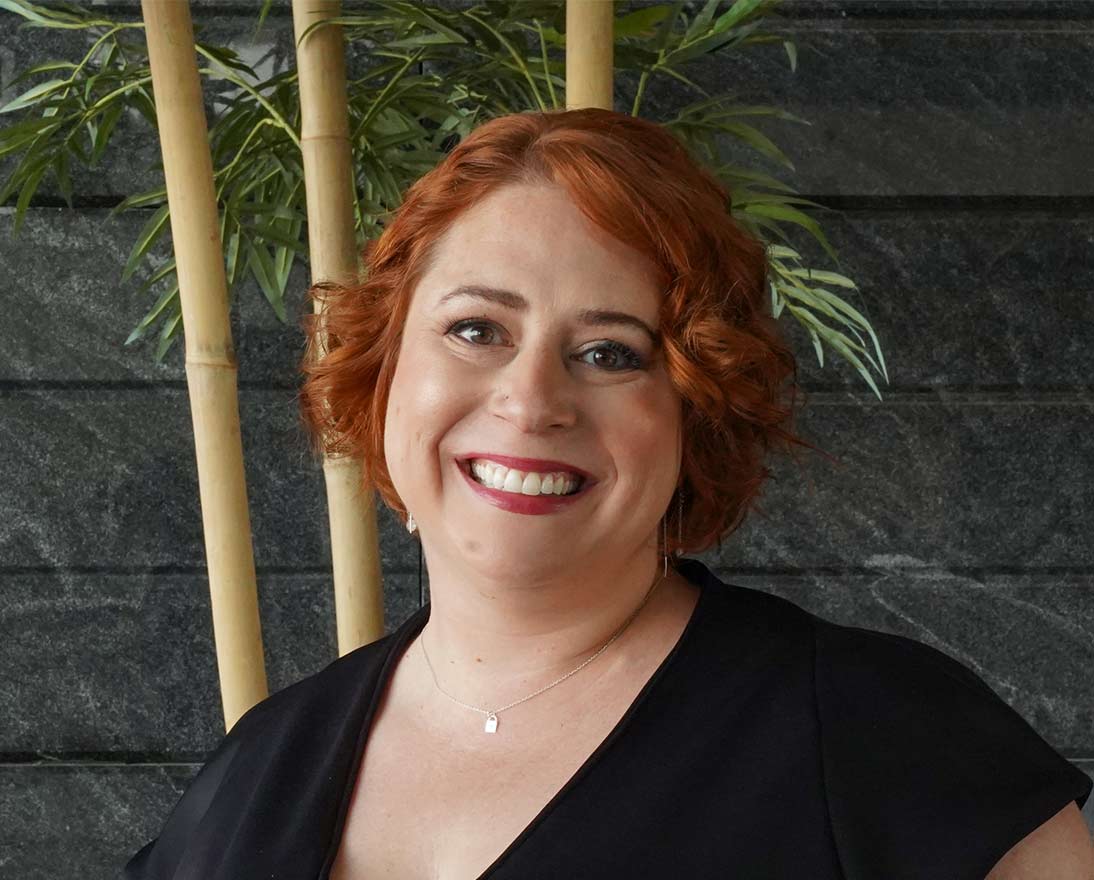What is it like to be autistic?
PeopleArticleMarch 18, 2024
Autistic brains come with many different characteristics and abilities. There are challenges, like with social communication, but as Zurich’s Luke Gawthorn is realizing, autism can also come with a set of superpower strengths.
Luke Gawthorn has been on a journey with his autism. “In the last two years, I feel like I’ve developed more as a person,” he says. “I’ve learned to view autism as a superpower. Previously, I looked at my autism through a negative lens. I was not appreciative of my strengths and had low confidence and low self-esteem. Now I am starting to understand where I bring value.”
Autism – or autism spectrum disorder (ASD) – is a lifelong developmental disability that is thought to affect about 2 percent of adults, but many go undiagnosed or do not receive a diagnosis until later in life. This neurodevelopmental condition is known as a “spectrum” disorder because autism is experienced differently with a wide variation in characteristics and abilities.
Autistic brains think, communicate and process information differently than non-autistic brains. People with autism often have unique sensory experiences, too. This means they see, hear, feel and experience the world in different ways as other people.
But as Luke is learning, it can come with many benefits. Autistic brains tend to be strong at recognizing trends and patterns and often excel at visual tasks. There are personal qualities closely associated with autism, such as honesty, loyalty and dedication, as well as technical competency, superior creativity, high concentration levels, reliability and excellent memory.
Luke is now appreciative of his remarkable attention to detail, high level of drive and his very curious mind. These are common traits among many autistic people, and they help Luke to analyze and solve difficult problems and deliver highly quality work in his role as a planning and performance analyst at Zurich UK.
Autism and employment
Despite having many wonderful gifts, only 22 percent of autistic adults in the UK are in any form of employment – the lowest figure across all disability groups. And of those able to find a job, many are underemployed working part-time or in roles that do not utilize their many skills and talents.
Simon Baron-Cohen, professor of developmental psychopathology and director of the Autism Research Centre at Cambridge University, believes that he has the answer: “Autistic people have been overlooked too often because employers can’t see past social skills,” he wrote in his blog. “That is a big mistake.”
The social skills that Baron-Cohen refers to are a major challenge for most autistic adults. Yet unfortunately, these skills tend to be the focus of many job interviews.
Many autistic people find it hard to understand and respond to other people’s behaviors – particularly in group settings – and may not have the skills to make friends or even engage in conversation. For instance, they may find eye contact uncomfortable, struggle to understand body language or have a literal understanding and use of language.
Some autistic people are painfully aware of their social deficits and end up avoiding interactions even if they desperately want to connect with others. This can cause a lack of confidence and self-esteem, which further exacerbates the problem.
This social awkwardness is aggravated for many autistic people by an auditory processing disorder, meaning it takes the brain longer to process sounds, including conversations. In addition, it is common to suffer from sensory issues with over- or under-sensitivity to sights, sounds, smells, tastes, touch and body awareness.
Put this all together and social interactions become incredibly exhausting. These challenges don’t just make it hard to find employment, it can make day-to-day life very difficult for both adults and children.
Delayed speech
At school, Luke found it difficult to make friends. He didn’t start to speak until he was 4. This always left him a few years behind other children his age in terms of social skills and so he was often the victim of what he calls “psychological bullying.”
“I wanted to be extroverted, to be more like the other kids who went with friends and played football,” Luke says. “But I was excluded from social occasions and received some verbal abuse.”
Despite this, Luke says he had a happy, albeit sheltered, childhood. This was helped by his early autism diagnosis at 2, which meant he got support with his social and communication skills from a young age.
Life changed when he turned 16. He grew in confidence, made some good friendships and lived a more “normal life.” This helped smooth the transition to university as he was more comfortable in social settings. Although Luke remained susceptible to meltdowns triggered by sensory issues, such as the lights and loud music of a nightclub or a stressful social situation.
A time of introspection
Luke studied Accounting and Finance at Bath University then joined the workforce through Zurich’s UK Finance Graduate Programme in September 2023. This dramatic change prompted Luke to reevaluate his life and embrace his autism.
“I used to have a mindset where I focused on the things I couldn’t do,” Luke says. “But my parents always told me you must focus on the things you can do. And they’re right. I had good conversations with my friends and family that helped me to view my autism through a different lens, improve my inner worth and increase my self-esteem.”
Although he may have embraced it, Luke is keen not to be defined by his autism. “I am a person that is capable of doing many wonderful things and it so happens that I’m also neurodivergent,” Luke says. “Autism is only one part of my character. I have many other qualities.”
Luke says he would encourage anyone with autism to take steps to try and improve their lives and to pursue their dreams.
“Regardless of my disability, I always strive to become the best version of myself in all aspects of my life,” Luke says. “I thank my parents for instilling this attitude within me, and without them I would not be the person I am today.
“But I realize I’m still on a journey. I’m definitely not as complete as the person that I will be in 10- or 15-years’ time.”


